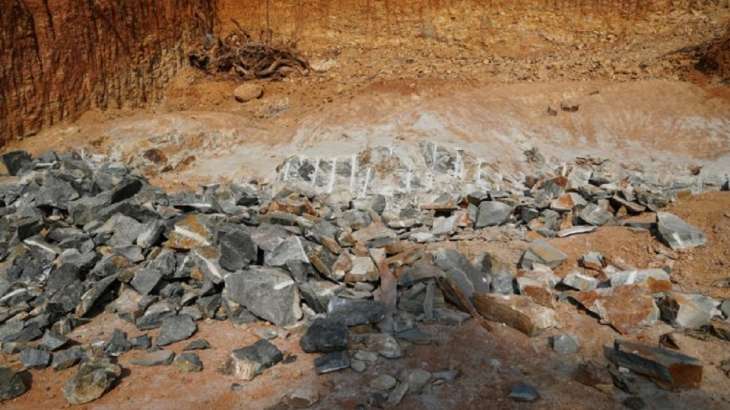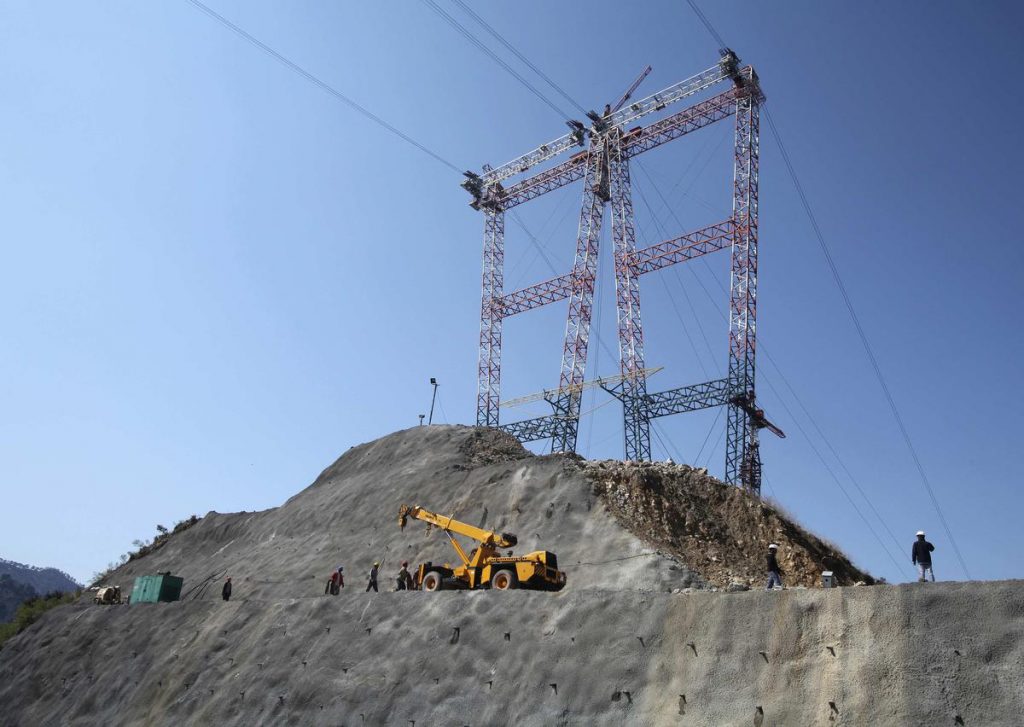A recent discovery of massive lithium reserves in the Himalayan disputed Kashmir region has sparked controversy and excitement in equal measure. Lithium, a soft metal that is highly sought after for its use in batteries and other electronic components, has been found in large quantities in the region, which is claimed by both India and Pakistan.
The Geological Survey of India (GSI) has discovered 5.9 million tonnes of lithium reserves in the Indian-controlled part of the disputed Kashmir region. The mines are currently in the early stages of exploration. The discovery of lithium has the potential to revolutionize the global energy industry, as the metal is a crucial component in the production of rechargeable batteries for electric vehicles and other clean energy technologies. The large reserves in the Kashmir region could position India and Pakistan as major players in the growing lithium market, which is currently dominated by countries such as Australia and Chile.

However, the discovery has also sparked tensions in the already-disputed region. Both India and Pakistan have laid claim to the territory for decades, with sporadic outbreaks of violence and conflict. The discovery of lithium adds another layer of complexity to the dispute, as both countries now compete for control of a valuable natural resource.
The international community has called for a peaceful resolution to the dispute, recognizing the importance of the lithium reserves for global energy security. However, the two sides have yet to come to a compromise, and it remains uncertain how the discovery of lithium will affect the long-standing conflict in the region.
It is important to note that the extraction of lithium from the ground can have significant environmental impacts, including water pollution and land degradation. Therefore, any development of the lithium reserves in the Kashmir region should be carefully planned and managed, considering the need to protect the environment and the rights of local communities.

In conclusion, the discovery of massive lithium reserves in the disputed Kashmir region has the potential to be a game-changer for the global energy industry, but it also presents challenges and risks that must be addressed. The international community must work together to find a peaceful and sustainable solution to the conflict, ensuring that the benefits of the lithium reserves are shared in a way that supports global energy security and protects the environment.


